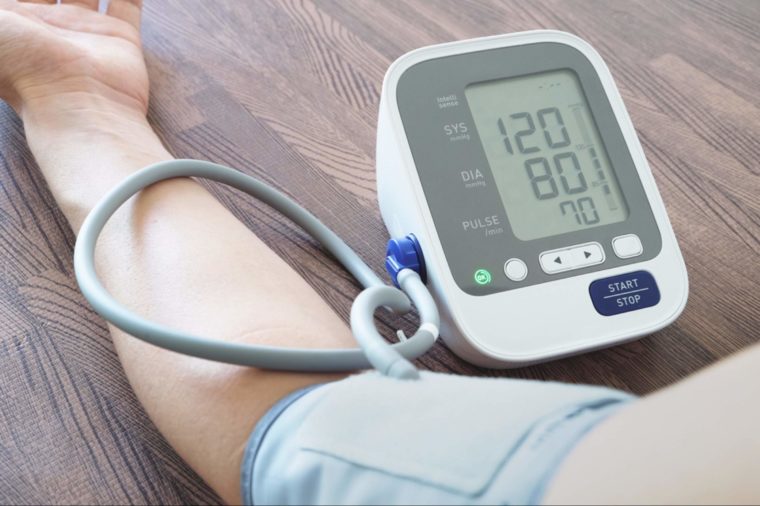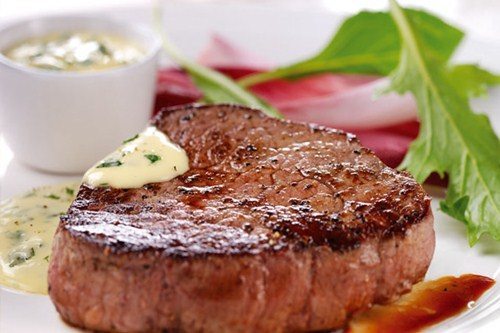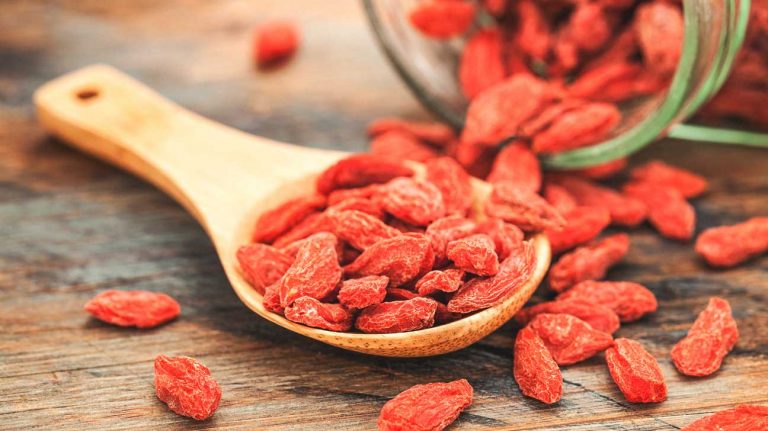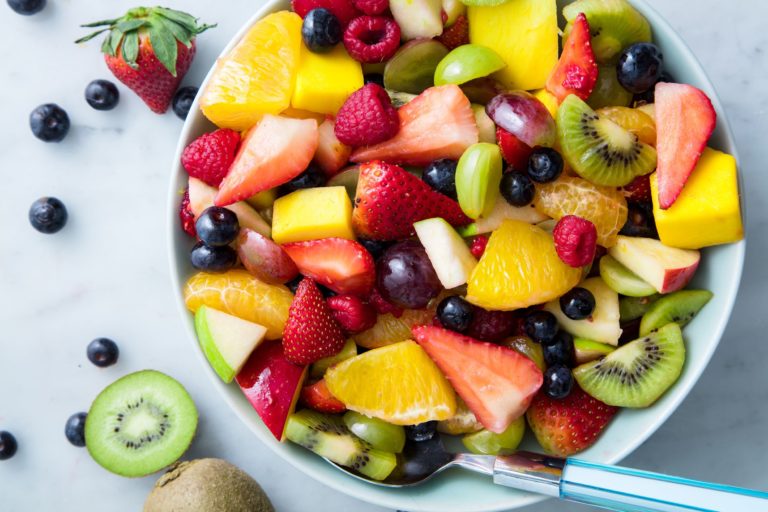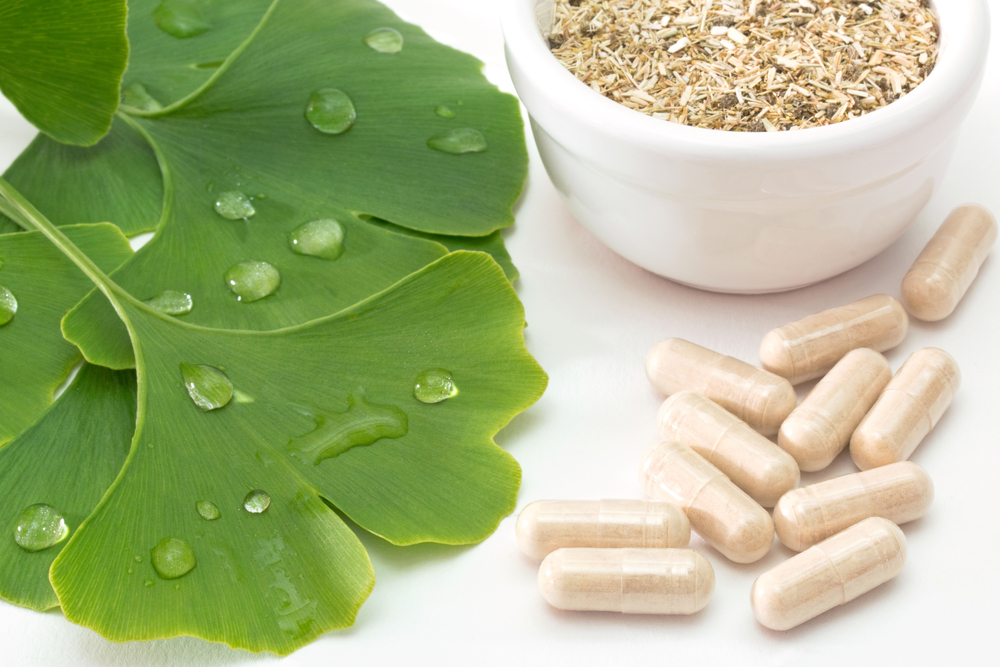
Ginkgo biloba
Ginkgo biloba is a herbal supplement that originates from traditional Chinese medicine. The tree’s leaves were used to treat brain and circulatory problems, as well as respiratory conditions. Ginkgo’s fruits were used for cough, fever, diarrhea, toothaches and sexually transmitted diseases.
Now, it’s recommended to treat anxiety, dementia, glaucoma and macular degeneration, but is considered to be great for memory function as well. However, taken alongside other types of medication, it can really surprise you with some nasty side effects.
Ginkgo can lower blood pressure, so if you’re taking it with other blood pressure medications, it might cause your blood pressure to drop too low. Also, Ginkgo raises and lowers blood sugar levels, so if you have diabetes, this supplement is a big no-no for you.




